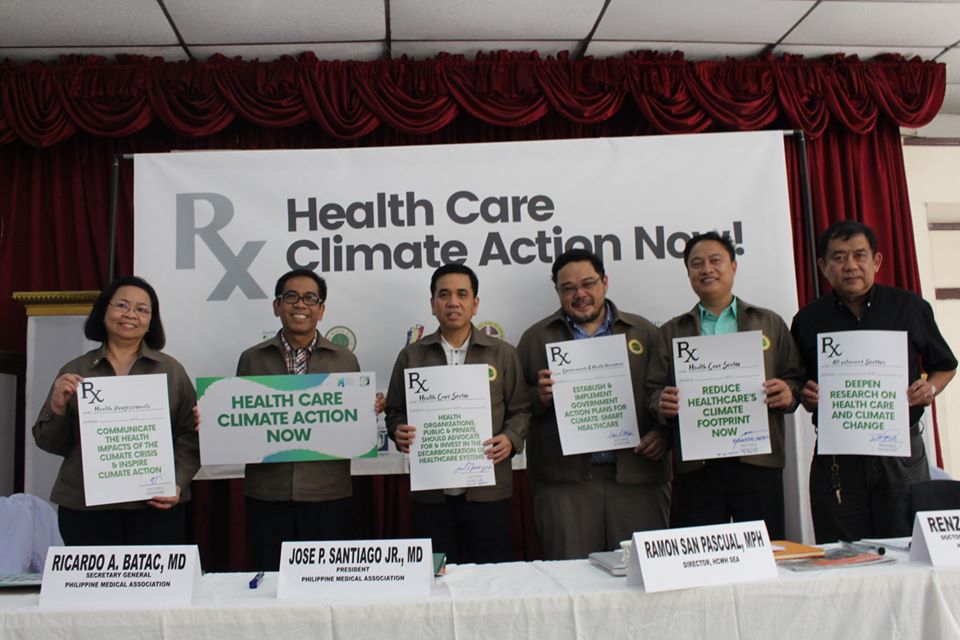
Two possible factors may explain the many documents with conflicting contents: devolution of the Philippine health system, and the deep social and policy divide on sexual and reproductive health. Of twenty-four WHO sub-recommendations, Philippine normative documents are in agreement with fifteen, not in agreement with five, and partly in agreement with four.

Philippine normative documents are partly in agreement with the remaining five WHO summary recommendations-nondiscrimination, availability, accessibility, informed decision-making, and privacy. Of nine WHO summary recommendations, Philippine normative documents are in agreement with four, namely on acceptability, participation, accountability, and quality, and have adolescent-specific provisions in three.

We assessed these documents on their agreement or non-agreement with WHO recommendations, and the presence or absence of adolescent-specific content. Also included were documents identified through keyword searches in an online database of the health department. The review focused on policies and normative guidance documents which included the national reproductive health law, its implementing rules and regulations, and the Supreme Court decisions on the law, and documents cited in the government’s Adolescent and Youth Health Programme. This study aims to evaluate whether current normative documents on SRH in the Philippines are in concurrence with adolescents’ human rights principles using the World Health Organization (WHO) Guidance and Recommendations on ensuring human rights in the provision of contraceptive information and services. Adolescents in the Philippines face many legal, social and political barriers to access sexual and reproductive health (SRH) services, putting them at higher risk of unplanned pregnancy, abortion, sexually transmitted infections and HIV, and other health and development problems.


 0 kommentar(er)
0 kommentar(er)
